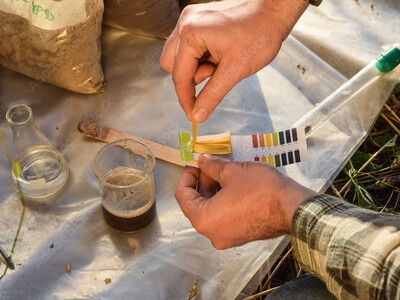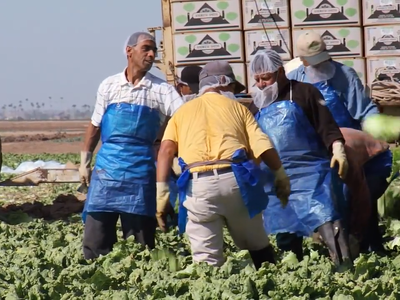Butcher vision
Based on what you hear from ranchers, particularly with smaller operations, it’s hard to find processing plants that can cater to their needs. That in turn is due to the fact that there aren’t enough butchers to get the job done. Elliott Tolbert is the Plant Operations Manager at Northwest Premium Meats, and says people aren’t learning the trade like they used to. But he has a plan:“Ideally what I would like to see is a program at a community college level,’ said Tolbert.
Something like that would give people a strong enough background in the business, in the industry to know what they’re doing.
And then they can learn your specific process once they’re there. Something like that where you tie it into an internship and say, Okay you’re going to go to classes Tuesday and Thursday, and then Monday, Wednesday, Friday you’re going to go work at Northwest Premium Meats for three months and then for the next semester you’re going to come to school these days and you’re going to go work at Greenfield’s for three months or Boston’s Beef House for three months.
Put him with one of these guys that’s in their late 50’s, early 60’s and is really ready to retire. And they come in and they’ve invested in this schooling and they’ve learned all of this stuff and they’re excited about it. They come in and they actually want to take it over.
I think that’s really the way forward for the industry, for small plants is having these kids go somewhere and just learn.
We have to have the labor, we have to have the expertise. And then we have to fund it,” said Tolbert.
“There’s so many options that we could entertain, whatever would work to get those employees in there,” said Shoemaker.













